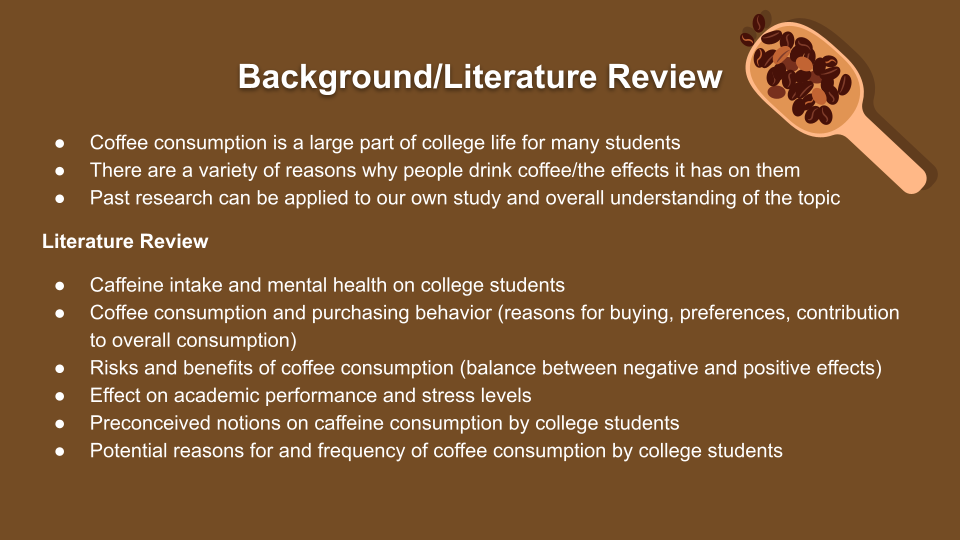
Anthropological Research
By looking at architecture through an anthropological lens, I am able to make recommendations for designs that improve the wellbeing and comfort levels of people who will be using the space. This is significant because after a building is constructed, it is the people who will be interacting with it.
Smart and Healthy Buildings
Project Completion Date: May 2023
-
One research project I worked on was the Smart and Healthy Buildings Creative Inquiry. We were a group from diverse academic backgrounds, including Economics, Financial Management, Civil Engineering, Anthropology, Computer Science, and Psychology. Our purpose was to develop an autonomous robot used to monitor long-term environmental data and user feedback.
-
Indoor environmental conditions are typically monitored using a single sensor in a limited area, which is sufficient for small spaces. However, in large spaces such as office floors with cubicles or open working areas, the conditions can vary greatly from one end of the room to the other.
-
This project focuses on exploring an alternative solution that involves mounting a single set of sensors on a mobile device that constantly travels throughout the space to collect environmental data and user feedback. This is an innovative approach that would offer a comprehensive understanding of building performance.
-
Our project implemented both quantitative and qualitative research methods. We measured the environmental conditions, such as light, noise, temperature, humidity, and CO2 levels. Then, we gathered user feedback data to determine the comfort levels of people within the building. The information was analyzed to determine underlying trends. Ultimately, our research would allow us to make recommendations on how to increase the comfort levels of individuals while improving sustainability. We were invited to present our findings at the Clemson Student Research Poster Forum to peers and faculty across campus.
-
This research is a great example of the connection between architecture and anthropology. From the way we gathered data to the results we discovered, anthropology played a key role in understanding the overall building performance. For instance, many students responded that the sun through the window caused an increased level of discomfort. The design of the building has one back wall entirely covered by windows. So, at certain times of the day, this created a harsh glare on student’s computers and caused a higher temperature in some areas. This is just one example of anthropology’s valuable contribution to the design process.
Research Poster
Dunkin’ Consumer Behavior Research
Project Completion Date: May 2023
For my Business Anthropology class, I worked in a team comprised of students from all different majors to study the Dunkin' brand. We used ethnographic research methods and online research to learn more about how effective their current branding strategies were. Based on this information, we made recommendations for how Dunkin' could improve their company.
-
Interview demographic: 19-22 year old college students
Most responded that Dunkin' would be their "second choice"
Everyone preferred the accessibility and atmosphere of other places
The quality of the food and coffee at Dunkin' needs improvement
The strengths of Dunkin' include good prices and quick service
Some have brand loyalty to Dunkin'
People still associate the brand with donuts
-
No, there is room for improvement
Largest competitors are Starbucks, Krispy Kreme, and local cafes
Changed name from Dunkin' Donuts to just Dunkin' - most informants were unaware of this
Adding new products - appeals to consumers for convenience and low prices, but quality needs to be better
Missing the demographic of students and young adults who go to places where they can do work or socialize for an extended time
-
Dunkin' now: not enough seating, uninviting interior, prioritizes to-go orders, low quality food/coffee
Our branding recommendations:
1) transform the Dunkin' environment and modernize the interior design: increases appeal to choose it first, creates a more welcoming atmosphere, attracts more customer
2) improve ingredient quality and transparency: increases trust between consumer and brand, brings Dunkin' to the same level as competitors
What Dunkin’ looks like now:
Modernized Dunkin’ in the Netherlands:
Cultural Anthropology Ethnography
Project Completion Date: Dec 2022
I wrote a detailed ethnography that focused on all aspects of family and its importance in Taiwan. For my research, I interviewed an international exchange student from Taiwan. All of my research came directly from what my informant told me during our interviews. I gained experience on building rapport, conducting informational interviews, gathering in-depth data, and organizing details in a logical and meaningful way. I was able to interpret the stories that my informant would share with me and effectively communicate them while learning about another culture. I then received feedback from my informant on the work I had produced. I would be able to apply this knowledge when conducting ethnographic research in the future.
Qualitative Research Methods Project
Project Completion Date: Dec 2022
-
For my qualitative research methods class, my group chose to research the impact of coffee consumption in female Clemson students. Coffee consumption plays a large role in college life and caffeine addictions have become increasingly normalized. We wanted to find out more about why people drink coffee and the effects it has on them. We conducted in-depth interviews to gather data and analyzed the trends that we uncovered. If you are interested in reading more, here is the full report.
-
Q1: Is drinking coffee part of your daily routine? When do you drink coffee during the day? How often?
Q2: How do you feel when you don’t drink coffee? *Probe: How about when you do drink coffee?
Q3: Why do you drink coffee? *Probe: Are there certain contributing factors (stress, emotional, social, energizing, etc.)?
Q4: Does coffee impact your academic performance or other areas of your life?
Q5: How does coffee consumption affect your social interactions? *Probe: Is this a positive or negative effect?
Q6: What are some physical responses you experience when drinking or not drinking coffee?
Q7: Do you think other college students have similar coffee consumption habits or do you think you consume coffee on a more or less frequent basis than others?
-
Academic performance
Accessibility
Social effect
Mental effect
Physical effect
Taste/habit















